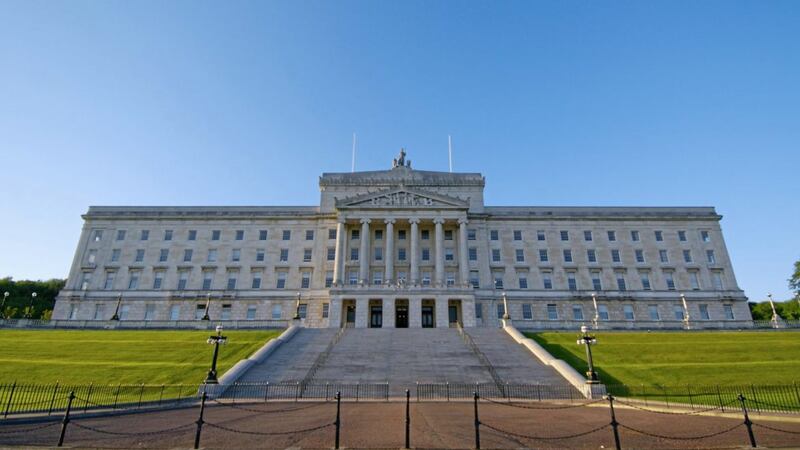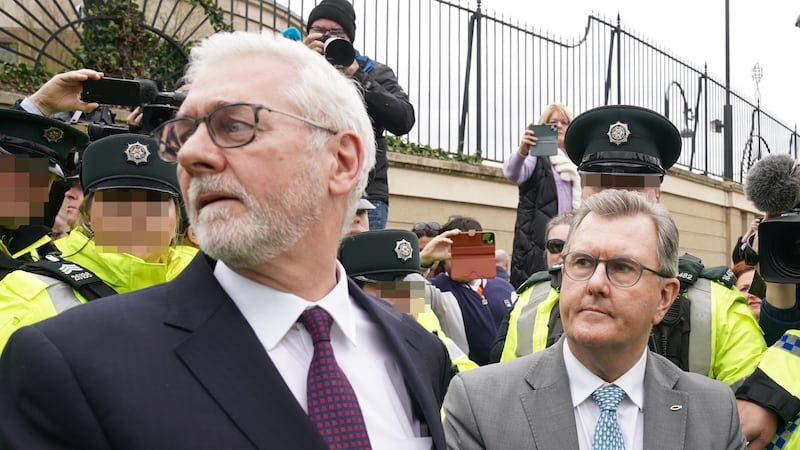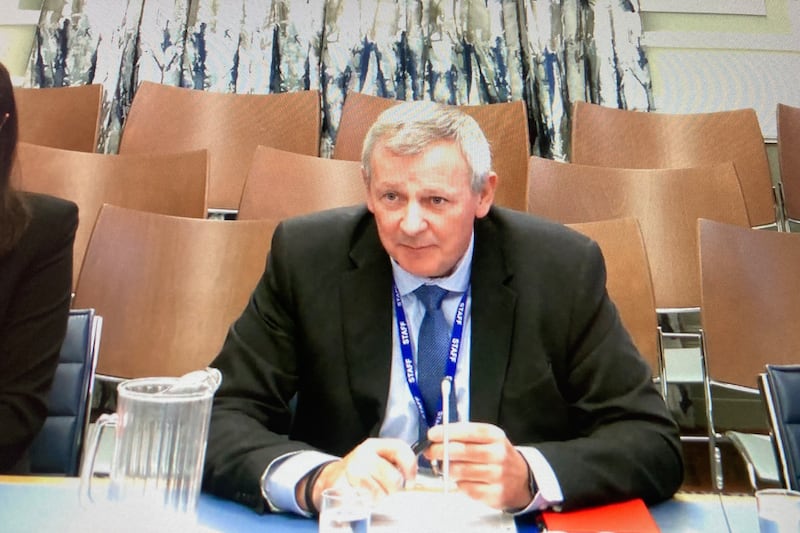Mitigation payments to some welfare claimants in Northern Ireland appear at risk due to the power-sharing crisis after the government insisted Stormont had to legislate for their introduction.
The Northern Ireland Office has refused to confirm whether it would step in to pass required laws to set up support schemes associated with the roll-out of Universal Credit in the region.
Universal Credit, which replaces six existing benefits, will be introduced in Northern Ireland in September on a phased area-by-area basis, starting with Limavady.
The long-running welfare reform political impasse in Northern Ireland was finally broken in the 2015 Fresh Start Agreement with a plan to support claimants losing out through a Stormont-funded £500 million suite of mitigation schemes.
Some of the initiatives have already been introduced as various changes to the welfare system have been implemented in the region, but the measures associated with Universal Credit have not been triggered.
They require legislation at the assembly to be in place for UC's autumn introduction.
A key element is a payment top-up scheme for low-income working families to help with employment expenses.
Only new claimants would be immediately impacted by the absence of legislation, as the process of transferring claimants receiving any of the six discontinuing benefits on to UC will not commence until July 2019
The political crisis at Stormont, which has been without a properly functioning ministerial executive since January, has brought the issue into sharp relief.
If there is no executive by September, Universal Credit will be rolled out without mitigation, unless the government intervenes.
Asked whether the government would delay the introduction of UC in Northern Ireland or step in to legislate over the assembly's head, an NIO spokesman declined to be drawn.
"The UK government is committed to restoring devolved government in NI and will not speculate on any other outcomes," he said.
"The Fresh Start Agreement is clear that it is for the executive and assembly to take forward the mitigation schemes in relation to Universal Credit."
A spokeswoman for Stormont's minister-less Department for Communities (DFC) confirmed legislation was required to set up the UC mitigation schemes.
"DFC has worked closely with NIO and DWP (Department for Work and Pensions) to ensure both the primary legislation and the regulations to enable the introduction of Universal Credit in Northern Ireland are in place at Westminster," she said.
"It is planned Universal Credit will be introduced in Northern Ireland on a phased geographical basis from September 2017.
"The department will communicate with customers in advance of implementation.
"Mitigation schemes are already in place for legacy benefits, eg, JSA (Jobseekers' Allowance) and ESA (Employment and Support Allowance).
"Further legislation will be required to extend these mitigation payments to Universal Credit. Such legislation will be dealt with by the NI assembly.
"In the absence of a sitting NI assembly, then such legislation would be considered in line with whatever arrangements were put in place to deal with this and all other pending NI legislation."






